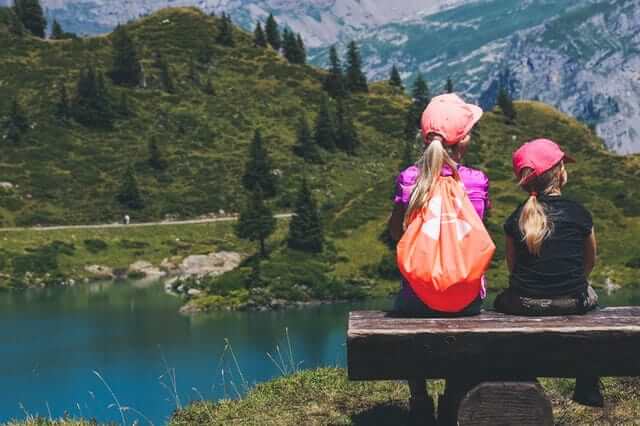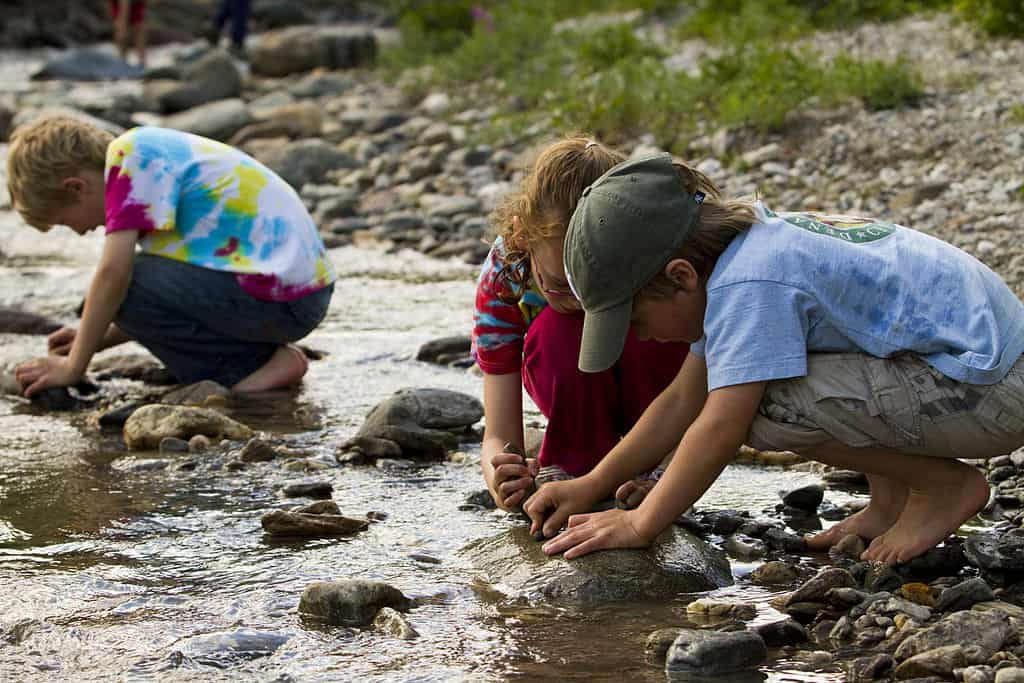How To Teach Kids Emergency Preparedness
The best way to teach your kids emergency preparedness is to include them in your own preparation. Narrating what you are doing to the level of the child’s understanding will help them comprehend emergency preparedness at their level of growth and development.
At a very basic level, you will want to start explaining to your kids what you are doing. For instance, you may say to a three-year-old: “We are buying food to put in our storage in case a storm comes and we are hungry.” For a five-year-old: “We are storing clean water to drink in case the stores run out of clean water to drink. Can you help me stack this water?”
In the next level, you will want to engage your children in your preparation journey. Instead of just telling your eight-year-old about clean drinking water, teach them how to purify water from an unclean source using either your
Sawyer Mini or LifeStraw water filters to make it suitable for drinking. Instead of talking about how to open cans, complete basic first aid tasks, and prepare basic meals from your food storage, make the child your partner in this preparation.
This will ensure that they will value survival skills. In addition, they will be able to help in times of emergency.
Of course, teaching and preparing every child will be different. Here is a list of basic topics to help you get started. At each level of development, work on furthering your child’s knowledge and skill:
- First aid tasks, such as applying bandages, sterilizing a wound, CPR, and responsibly handling medications
- Preparing basic meals
- Finding shelter
- Purifying water through a variety of methods
- Keeping warm when in cold weather
- Starting a fire
- Learning self-defense
- Storing food and water responsibly
- Helping and serving others

What Are The Five Basic Survival Skills For Kids?
Mindset
Teaching your kids how to stay calm in the face of an emergency is no small task, but one of the most important for any emergency.
Teaching mindfulness skills in the midst of tantrums is a great place to start. One skill to begin teaching as soon as children are able to observe and communicate those observations is a simple “
five senses” game. When your child is upset, ask him/her to communicate with you 5 things they see, 4 things they hear, 3 things they feel, 2 things they smell, and one thing they taste. This will help bring them back to the present moment.
Teach children how to take deep breaths when they feel intense emotions rising. Talk openly about how to cope with stress in healthy ways.
Shelter
Showing children how to put up tents through camping or backyard sleepovers is a great place to start. From here, teach kids how to search to find small spaces that they could sleep outside if necessary. Teach them to make a generous layer of leaves to sleep on to conserve body heat.
Food
First, teach kids the importance of storing food for emergencies. Help them learn to independently prepare meals. This will help them get ready for an emergency where you still have access to food storage.
In a real survival situation, teach them that insects and worms are edible and will provide protein. Show them in nature which plants are edible and which are poisonous.
Water
Water is one of the most important components of emergency and survival preparation. Children should know how to boil water for purification as soon as they safely can.
Following a water source usually eventually leads to civilization, which you can teach your children in case they get lost in the woods.
Fire
Last, teach children how to start a fire in a protected location using tinder (dry grass), kindling (small sticks), and logs (laid criss-cross on top of each other so that air can still flow.)
CONCLUSION
Kids are going to be the most vulnerable during stressful times. It’s important to mentally prepare your kids for the possibility of these hard times. That being said, it is important to make this preparation age-specific. Be careful about how you talk to your kids about potential disasters. The last thing you want them to do is shut down because they are so scared of something that might not ever happen.
You know your kids better than anyone. You choose how and when to get them prepared.
Pro Tip: Making preparedness fun will help your kids retain important things better. For example, go camping to teach them how to start a fire. Go fishing to teach them how to catch, gut, and cook wildlife. Go hiking to teach them what vegetation they can eat in your area. The more fun you make it the better chance of them remembering during the upcoming stressful times.


